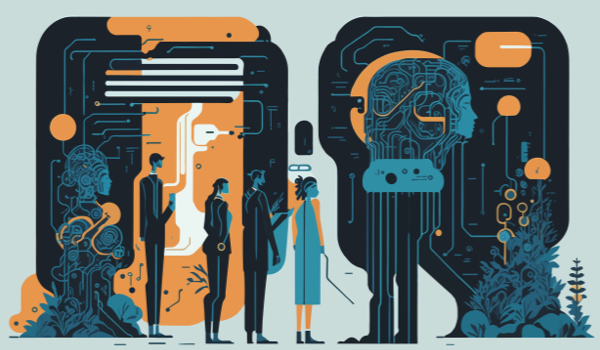


BOSTON - The United Kingdom agency that regulates drugs and medical devices approved a software program in 2018 that estimates a patient’s risk of cardiovascular disease. Known as QRISK2, this program was widely used by the country’s medical system - up until 2016, when experts discovered a flaw in the software was frequently leading to miscalculated levels of risk. The UK government later estimated that patients at up to a third of the nation’s primary-care practices had been affected by the error.
QRISK2 was not an artificial-intelligence (AI) program, but the problems it ran into hinted at an even bigger risk facing medicine as true AI-based systems are rolled out in the healthcare industry and play an increasingly larger role in patient diagnosis and treatment recommendations. Errors and misjudgments associated with these AI systems are virtually inevitable and, unlike conventional medical errors, healthcare systems are poorly prepared to cope with the potential fallout from such errors.
Medical errors have long been a serious problem in healthcare. The British Medical Journal calculated that such errors cost the lives of some 250,000 people a year in the United States alone, making them the third leading cause of death there, with a price tag of some USD20 billion a year.
The hope is that the use of AI in medicine can help cut this staggeringly high error rate. Fortunately, research suggests this is a reasonable expectation. A report from Harvard University researchers found multiple studies that document the ways in which AI-based systems improve accuracy in diagnosis and treatment decisions, especially when used to supplement physicians’ judgment rather than supplanting it, e.g., in different studies AI systems have been shown to exceed physician-only accuracy in diagnosing cancer in both pathology slides and imaging, as well as in detecting brain hemorrhages that can lead to strokes, reducing both false posit
The content herein is subject to copyright by The Yuan. All rights reserved. The content of the services is owned or licensed to The Yuan. Such content from The Yuan may be shared and reprinted but must clearly identify The Yuan as its original source. Content from a third-party copyright holder identified in the copyright notice contained in such third party’s content appearing in The Yuan must likewise be clearly labeled as such. Continue with Linkedin
Continue with Linkedin
 Continue with Google
Continue with Google







 1525 views
1525 views










